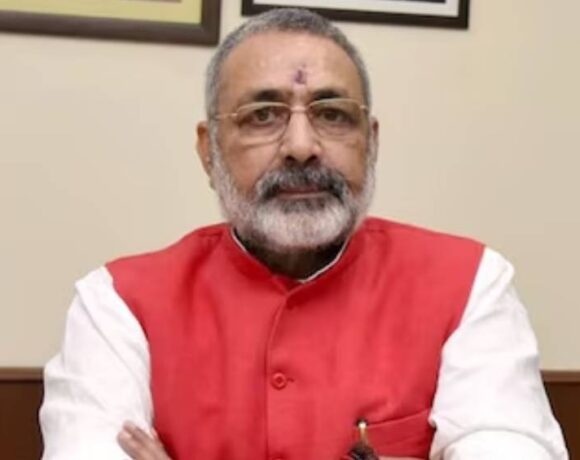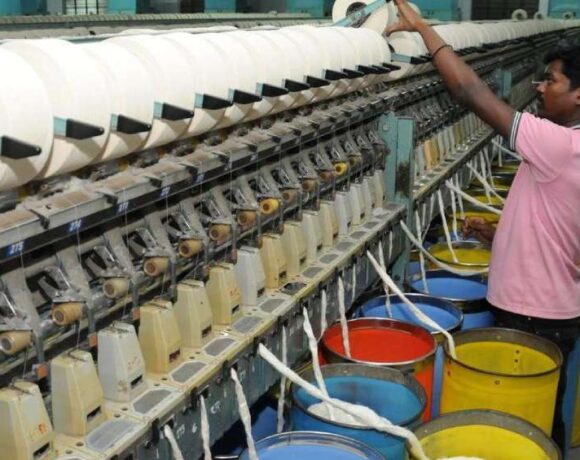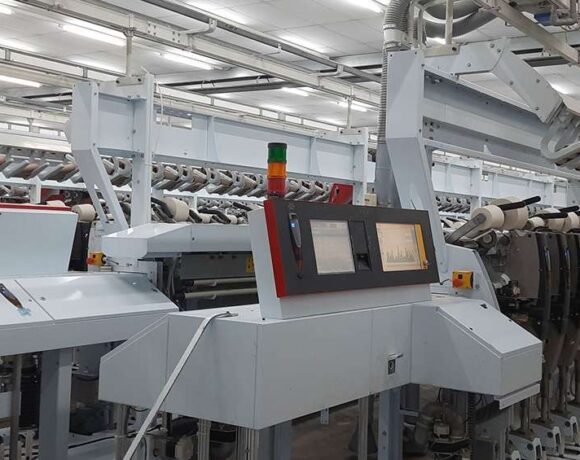Uzbek Textile Production Climbs 4.2 Times In Seven Years

Over the past seven years, Uzbekistan’s textile production has climbed 4.2 times, while exports of textile and apparel reached US $3.1 billion in 2023.
In 2023, textile and clothing products worth $8.2 billion were manufactured in the country, which translates into a hike of 4.2 times from seven years ago.
This has been made possible due to increased investments and adopting new technologies, due to which productivity has increased significantly.
A video conference meeting was held between Uzbek President Shavkat Mirziyoyev and around 100 textile industry representatives to discuss on increasing exports and investments in the textile industry.
“In 2023, Uzbekistan added three more new export markets and so is now exporting to 83 countries worldwide,” a statement from the country’s President’s office informed.
The President was informed that the textile industry is widely represented in all regions of the country and is one of the sectors with the largest number of jobs.
There are over 6,000 textile and apparel factories employing over 570,000 people.
An analysis of products exported from the industry revealed that in the export of textile goods, the share of products with high added value is low and 80 percent of these are shipped to traditional markets.
“To increase exports to developed countries, international standards and certifications are required. However, only 175 enterprises meet these requirements,” the industry representatives said.
An analysis by Boston Consulting Group informed that Uzbekistan’s raw material base allows it to produce textile and apparels worth at least $15 billion and create 500,000 new jobs.
The President was also informed that the cost of producing one kg of yarn is 28 percent cheaper than average world costs. This represents a major opportunity to increase finished textiles production.
At the beginning of last year, $50 million was allocated for projects by the government to increase production of gray and finished fabrics as well as garments.
Entrepreneurs also shared the challenges they face for construction of textile factories and sought returning value added tax within one day and simplifying the procedure of pre-export loans.















